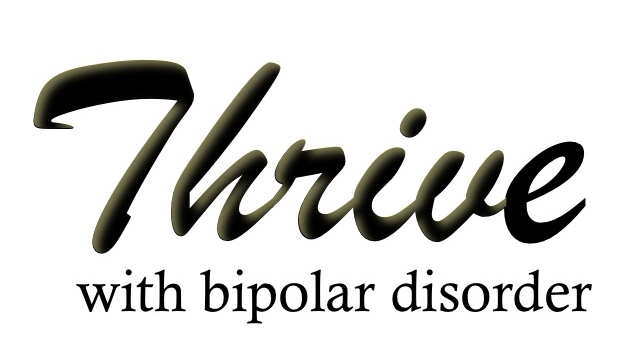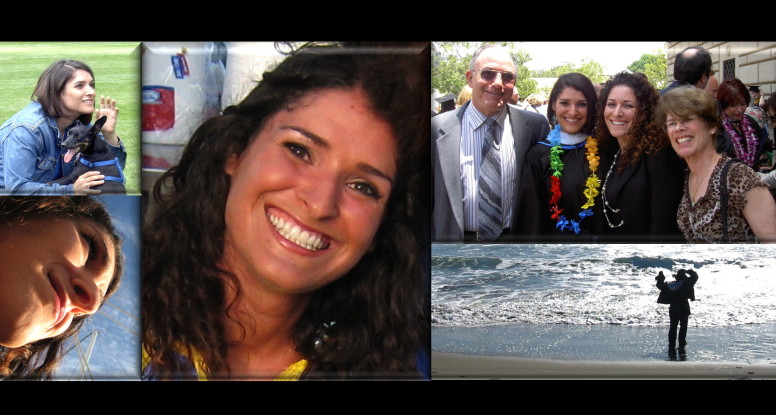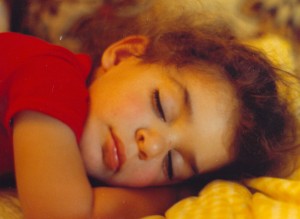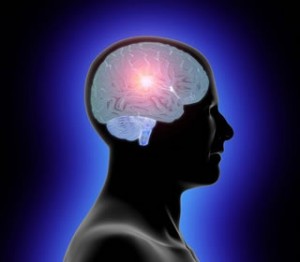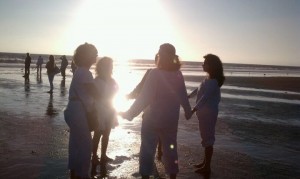
It is not uncommon during full-blown mania for a person to experience themselves as being incredibly close to God.
In fact, many people experience being too close to God and as a result they die.
What does this mean???
People experience feelings of omnipotence and they act on them. They truly believe with everything they are that they are omnipotent and attempt to do things that an omnipotent being could do…such as walk on water, fly, time travel, not have to follow any rules (drive the wrong way on the freeway and obey speed limits etc)…the awareness of limits disappears.
Omnipotence is having unlimited power; able to do anything; have ultimate power and influence.
People experiencing full-blown mania do die this way, but it is called suicide and it is rarely talked about.
[box type=”info”]
This article does not suggest that everyone who experiences full-blown mania has a God experience or experiences themselves as close to God.
This article is not suggesting that mental illness is caused by God.
There is historical evidence that many biblical figures had prophetic experiences that would be currently labeled and diagnosed as mental illness.
There is a historical record of this type of experience in many cultures that goes back thousands of years.
By no means is am I saying that mental illness is a “God experience”; however, some people who have experienced severe mental illness have reported to experience God during the episode of mental illness.
I SHARE THIS STORY WITH THE HOPE THAT THIS KNOWLEDGE WILL PREVENT ACCIDENTAL DEATH THAT FREQUENTLY OCCURS FOR PEOPLE LIVING WITH BIPOLAR DISORDER DUE TO OMNIPOTENCE.
[/box]
When I turned sixteen years old, full-blown mania came into my life.
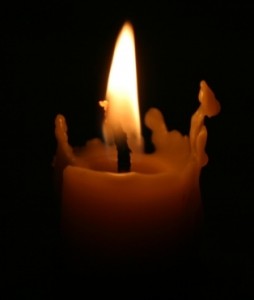
Being too close to God
Everything about life, life forces, the universe and how all living things are interconnected as one made complete sense to me. I understood balance in life. I understood peace. Most of all I understood the highest compassion. The compassion that is experienced from being a part of all life and all life being apart of myself.
I’m not talking about the dictionary definition of compassion (ie. pity or sorrow). I’m talking about the deepest level of care, inspiration, hope and acceptance that I have ever felt in my life. It was the highest form of unconditional love and connection that I could have with all of life.
Experiencing this connection to all life gave me the deepest possible compassion to the point that I truly believed with everything that I am that I was omnipotent.
I didn’t believe I could fly, but I did feel I was invincible as if God was protecting me and nothing bad could happen to me…and as a result I truly believed i was limitless.
I did do some really risky things and didn’t even realize I was doing it. I had no idea that I was putting myself in tremendous danger. I was not aware of limits.
This was all before the mania peaked…before the explosion when I completely lost control.
I can’t speak for other people and their experiences…but I am definitely not the only person to have this experience. It may not be very common, but it has been documented in history for thousands of years.
During that time, I stayed up all night studying the Torah in an “Inductive Study Bible”. (The Torah is the Old Testament also known as the Five Books of Moses). I studied mostly Genesis and Proverbs. I took four highlighters and created a code using colors and covered the sides of the page with ideas.
When I look at it now, none of it makes sense…well, I can’t make sense of it the way I did when I was in mania. I no longer have access to the perspective and ability to think as I did in full-blown mania.
During this time, I went to school all day…but I wasn’t really there…I did intricate drawings all day in school. I wasn’t able to pay attention in class.
Then I stayed up all night studying Torah and quantum physics.
Unfortunately, I don’t know what happened to all of my drawings or even the books I studied quantum physics from. They were real. They do exist. However, I believe that as the mania exacerbated and fear kicked in, I believe I grew paranoid and hid everything to the extent that I don’t know where to find it.
During this time of mania I felt so close to God that I did not know where God ended and I began or where I ended and God began. I truly believed I was ONE with God.
This caused me to feel omnipotent and invincible. I believed with all that I am that I was all powerful, limitless and capable of doing and being anything I choose to be. As a result I was not at all aware of limits.
I was not aware of speed, let alone speed limits, so I drove down neighborhood streets at 80+ miles per hour not even noticing that I was traveling fast. I took risks without any awareness of danger. I truly believed and trusted with all that I am that I am protected by God.

The Sling-Shot Experience
Then suddenly…literally overnight…my closeness to God was taken from me.
It was a tremendous loss and incredibly painful for me. I went from being ALL POWERFUL to completely powerless.
I was completely consumed by fear and painful emotions. I was so incredibly afraid.
As mania progressed it was as though I was put in a sling-shot and shot as far from God as possible.
This is when all of my emotion and fear began exploding out of me and I lost complete control.
But it didn’t happen as smoothly as it sounds. There were times when I felt omnipotent and possessed by fear and times when I felt powerless…this was expressed in explosions of emotion, erratic and violent behavior and visions of violation.
This power struggle between omnipotence and powerlessness was expressed in the form of what the fields of medicine and psychology call delusions and hallucinations.
When the power struggle ended, I was left in complete powerlessness and complete darkness…incapable of thinking, feeling and barely able to hold up my head, let alone move.
This experience that I had was diagnosed as full-blown mania and bipolar disorder.

Fear of my own potential
For the last 15 years, I have been afraid of full-blown mania.
I never want to experience being so incredibly close to God…possibly, even too close…then feeling the complete absence of God.
I never want to be put in a sling-shot and shot as far away from God as possible again.
Being too close to God kills people. Omnipotence kills people. And being as far away from God as possible welcomes suicide.
If I were to allow myself to experience this level of full-blown mania again, I do not trust that I would survive it. Many people do not survive it, but it is not talked about.
Dying due to omnipotence is called suicide and dying due to the absence of God is called suicide and suicide is taboo to talk about. We simply make people promise not to do it and put people on so many medications that they can’t think clearly enough to take their own lives.

…I choose stability instead.
This experience called “full-blown mania” shaped my beliefs. I took what I learned from it and use it to become a better person.
“Full-Blown Mania” caused me to truly believe that EVERYONE truly is connected…we are truly all ONE. We are all made of the same stuff water, carbon etc…we are all a part of life…we are all interdependent on each other for our lives…we all are truly ONE.
EVERYTHING that is living serves its own unique function and purpose in life…sometimes it is just hard to figure out what it is when you are a being that is human.
I came to understand God as “everything that is, was and will be”…”God is all life, all life is God”
I came to believe that what religion refers to as the messianic age will come when all life is working together…all living things come together as one.
During my mania I also came to believe and trust that the messiah will be born when all people come together as ONE…that all people coming together as ONE is the Messiah.
In talking with a few Rabbi’s about this…I’ve learned that Judaism agrees with me. By no means am I the first person to have this realization.

Am I special?
An arm is not of greater value or more special than a leg. A foot is not of more value or more special than a hand. A brain is not of greater value or more special than a heart (or any other organ)…each part of the human body serves it’s own function and has it’s own purpose. No part is more special or of greater value than any other part.
I am not of greater value than anyone else. My function may be unique…my purpose may be unique…but I am not more special or of greater value than anyone else.
I truly believe that we all are interdependent on each other…we all need each other in order to function as human beings and as a part of life.
When I originally wrote these thoughts, I shared “I’m not special. I just had a unique experience.”…but then I remember what my Rabbi said…
When I said that to my Rabbi recently, he disagreed with me.
He said, “Robin, you are special. You are close to God.”
My response to him was, “Hmm…but Rabbi, aren’t we all a part of God? Wouldn’t that mean that we are all close to God?”
He smiled and before he could respond, I cut him off and said, “Ahhh…I get it. I remember your lesson.”
Rabbi Maller taught me about closeness to God when I was a kid. That when we choose to do acts of kindness and goodness and have gratitude for all life…we are close to God.
